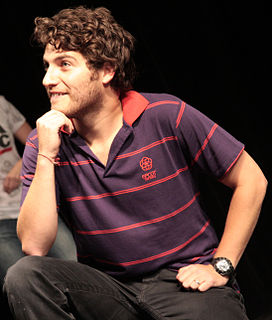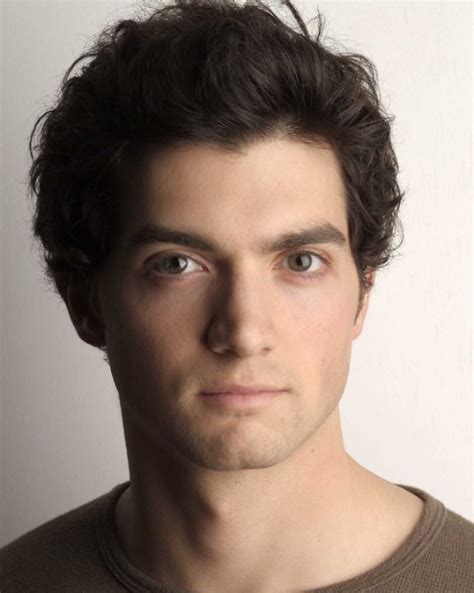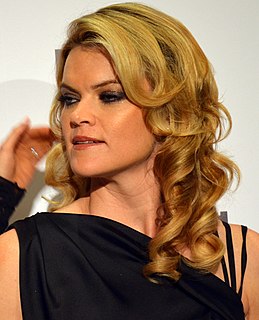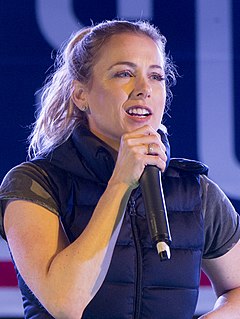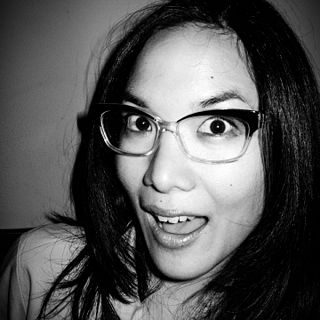A Quote by Adam Pally
There's a common misconception with sketch comedy that you just go up there and wing it, but it's written, and there really is order.
Related Quotes
I was not one of those people who wanted to be a comedian when I was growing up. I liked comedy, but didn't know it was something you could do for a living. I actually wanted to be an attorney. I did do things on the side like improv and sketch comedy, but law was my focus. I was a very bookish, academic kid. When I got out of college, I was really unhappy. I had a great job that I should have loved, yet I was miserable. I slowly realized that was because I wasn't performing. So I just tried stand-up and fell in love with it after one performance.
There wasn't a big tradition of comedy at Dartmouth. More than that, there wasn't really anything artsy going on in Hanover, or even in New Hampshire. The cool thing about the school is that there's nothing for people to watch, so if you were to do a play or a sketch or an improv troupe, it was always packed. There's nowhere else for anyone to go. But there was no comedy.
